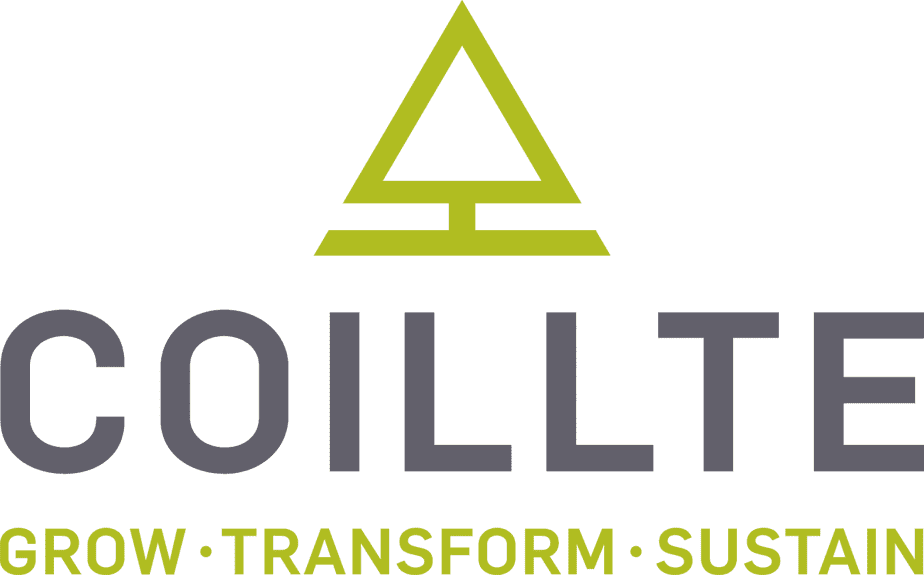Industrial
Over recent decades, industrial development in Ireland has transformed from a sector synonymous with the industrial estate setting to the biopharma and the life sciences style development typically driven by Foreign Direct Investment (FDI) and accommodated in ‘campus-style’ settings.
Contemporary industrial developments are no longer particularly suited to long-established industrial areas in our towns and cities. While contemporary industrial development may be manufacturing-based, the high-quality, well-maintained ‘campus-style’ settings for this newer generation of facilities represent changing locational requirements. In addition, the proximity of development sites to services and other infrastructure, i.e. electricity, gas, fibre and particularly transport infrastructure, is a critical consideration in site selection.
Case Study









